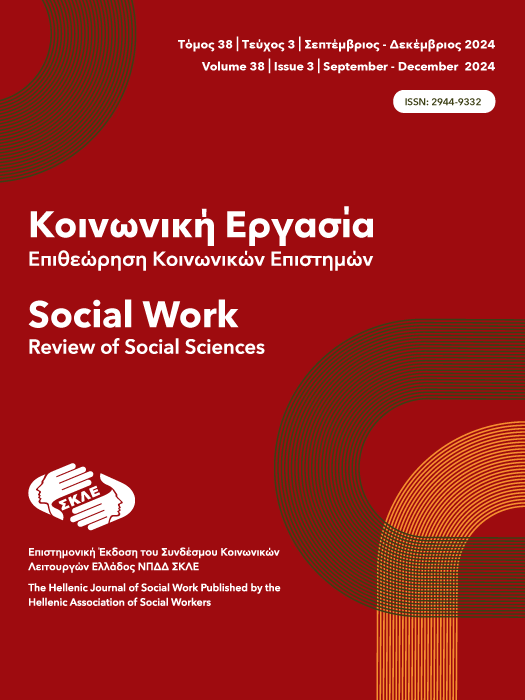Beyond the bars: examining the impact of crime on relatives of serious offenders
Abstract
This paper examines whether families of serious offenders qualify as "secondary victims" of crime. Drawing on existing literature, it argues they experience significant hardship: financial strain, social stigma, and emotional distress. Arditti's (2012) framework explores the cumulative disadvantages, institutional practices, and stigma these families face. The concept of "ideal victims" (Christie, 1986) highlights a tension: recognizing their suffering while acknowledging societal perceptions of “culpability”. The paper argues for acknowledging these families as secondary victims. Normatively, it offers recognition and support to a vulnerable group. Practically, it necessitates reforms like humanizing prison visits and promoting restorative justice principles. However, achieving this recognition is challenging due to societal stigma. The paper concludes by calling for penal culture change and incorporating remorse and apology into the criminal justice system. Ultimately, recognizing the impact on families is crucial for a more comprehensive understanding of crime and its far-reaching effects.
Article Details
- How to Cite
-
Kourakis, F. (2024). Beyond the bars: examining the impact of crime on relatives of serious offenders . Social Work. Review of Social Sciences, 38(3), 51–67. https://doi.org/10.12681/socialwork-rss.38377
- Section
- Article

This work is licensed under a Creative Commons Attribution-NonCommercial-ShareAlike 4.0 International License.



